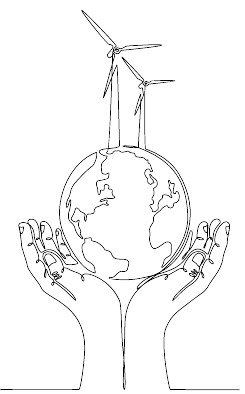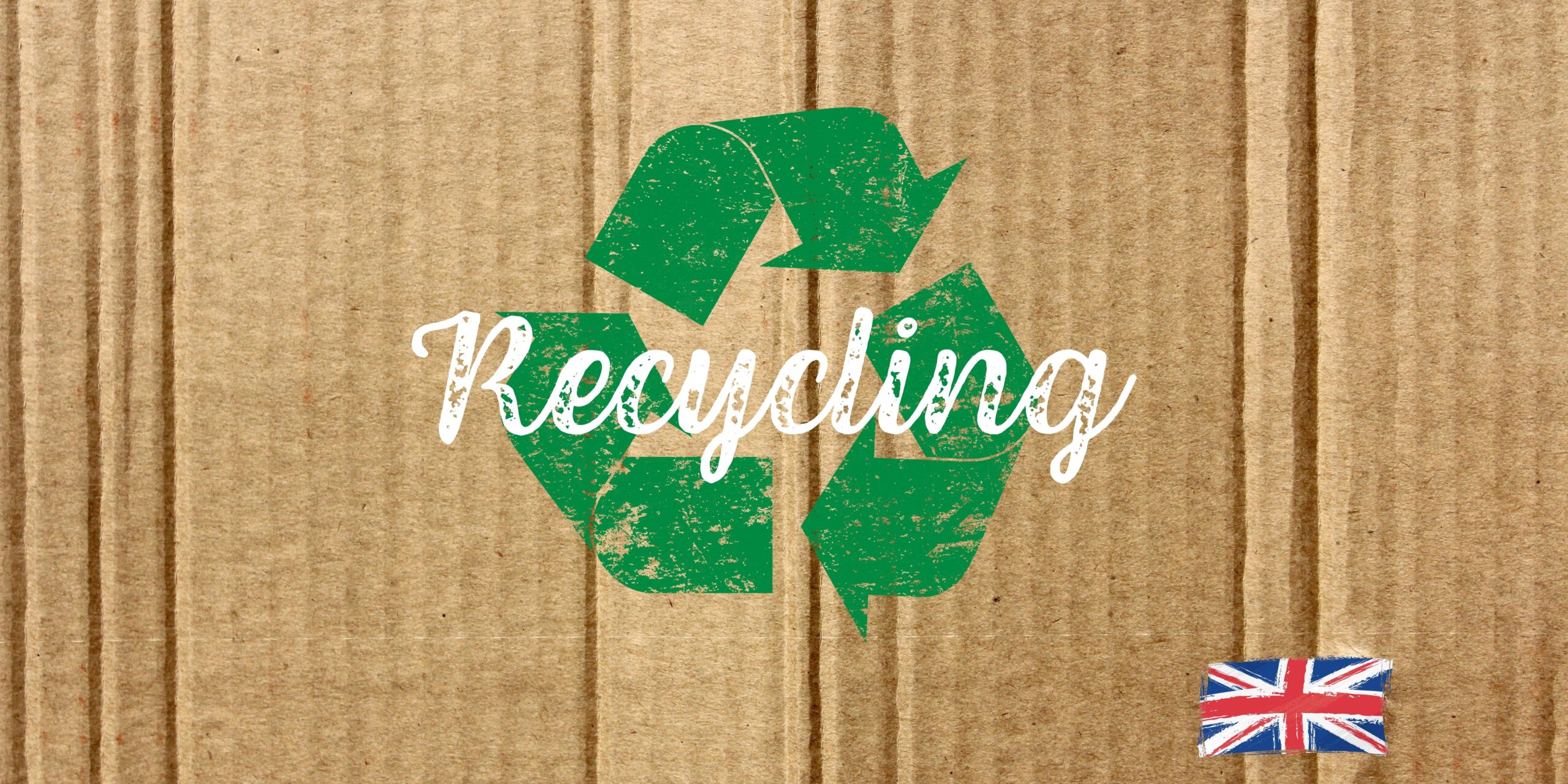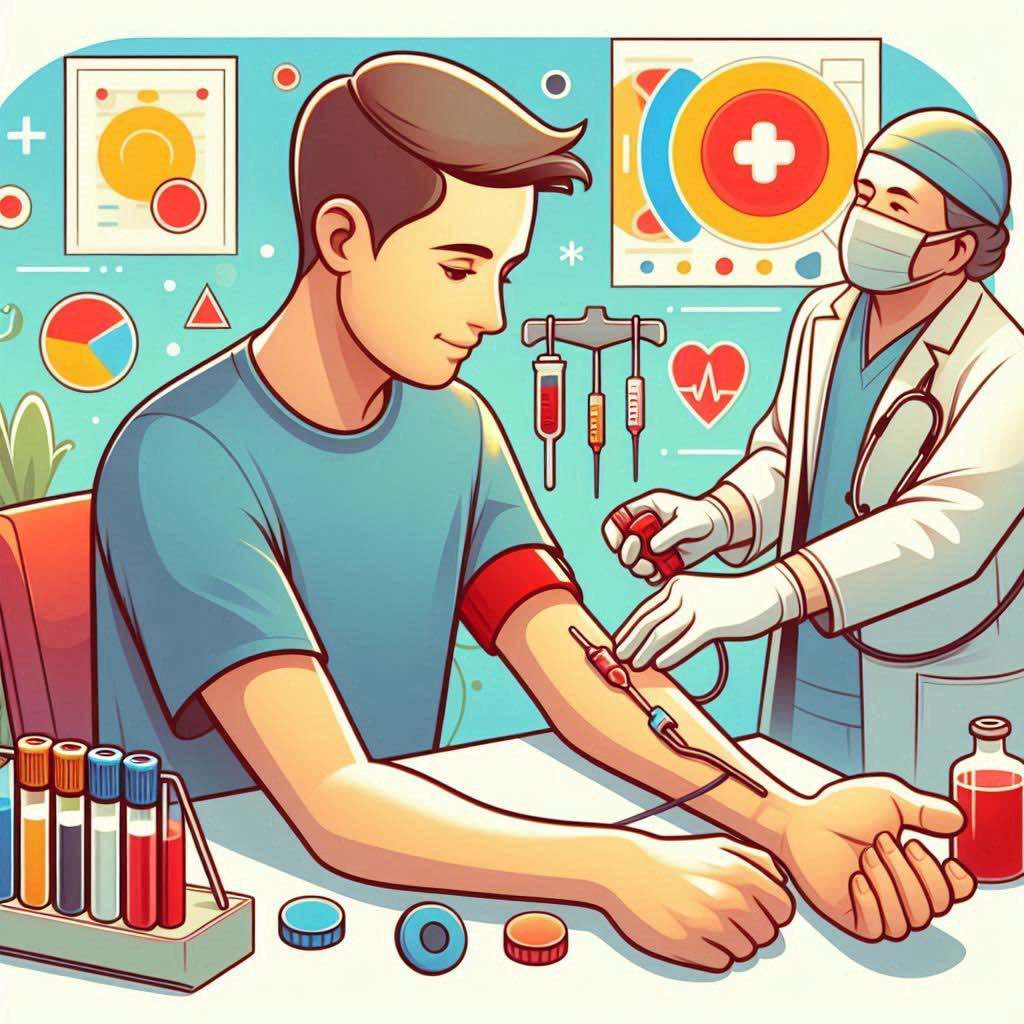Nowadays there is telling more and more about necessity of protecting environment polluted by people. Every year about 8 millions tones of plastic wastes go to oceans, over 10 millions plastic pens get to landfills and environmental protection including segregation of garbage is still getting more popular. And do you know how recycling looks like in Poland and in Greece?
In this article you can get to know how to protect the environment, why we should segregate wastes and what differences are between recycling and understanding it among Poles than Greeks.
Why is taking care of garbage so important?
Currently the problem of littered cities is common, due to the presence of human. Unfortunately wastes get even to uninhabited places and the rubbish which get to bodies of water cause degradation of animals’ living conditions indeed their death. Recycling of these trash would allow for their repeated processing and using so they wouldn’t get to such undesirable places. Additionally producing using recycled materials need significantly less energy.
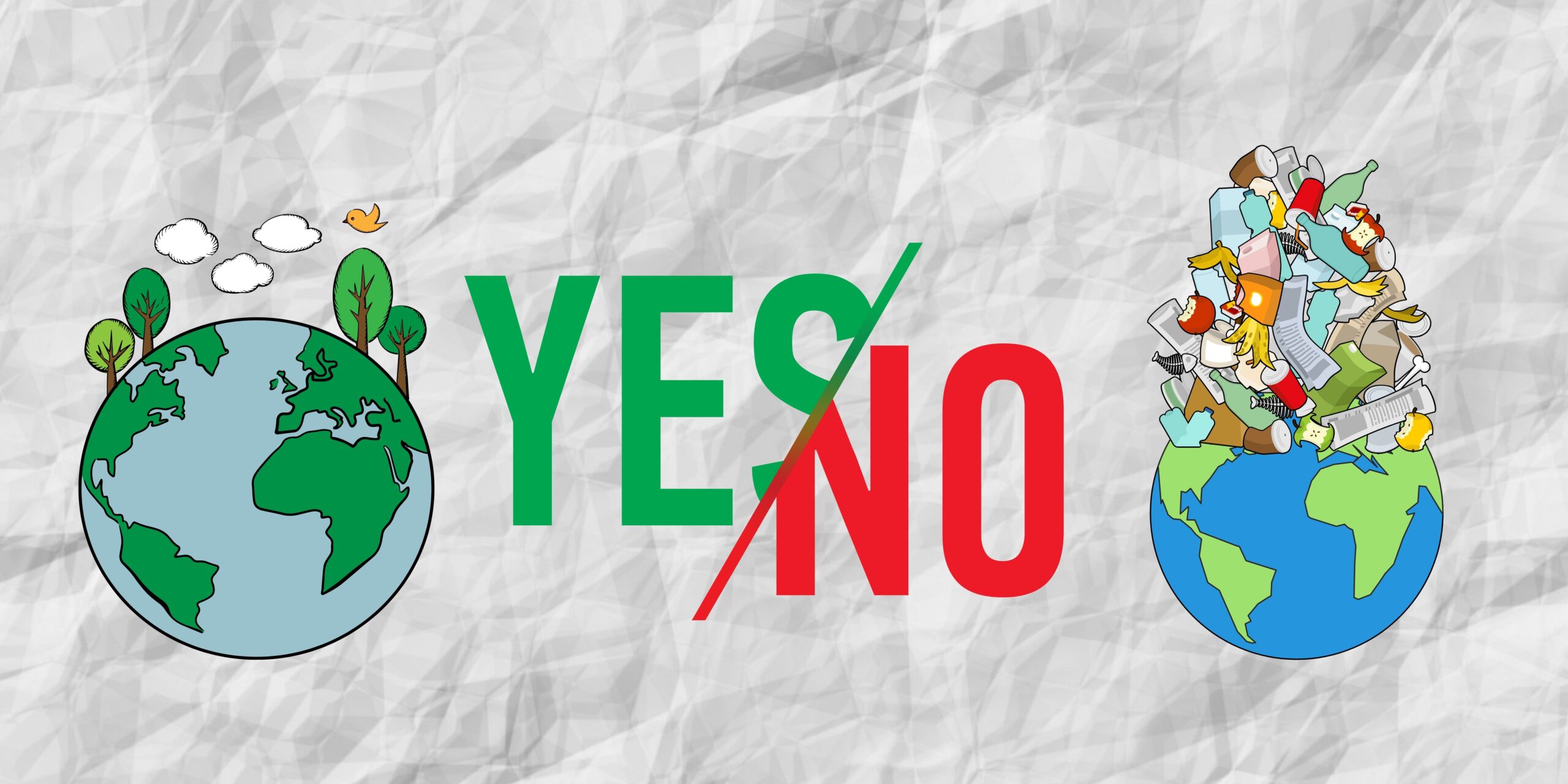
Segregating wastes in Poland and in Greece
– differences
Since 2021 in Poland there has been responsibility of segregating wastes. Every habitant has to divide their garbage into plastics and metals (yellow bin), paper (blue), glass (green), municipal wastes (black or grey) and BIO (brown). Whereas stuff like medicines, batteries or electronic devices are thrown away in dedicated places.
In Greece there are two categories of bins – the bin where you throw away mixed wastes and for segregated one including plastics, metals, paper and glass.
Theory vs reality – how does it really look like?
According to the research done before legal obligation to segregate rubbish 66% of Poles followed the rules of recycling, but only 52% of them was able to divide trash in right way. However Greeks take recycling less seriously (about 20% of them declared caring of their garbage). They are not aware of the scale of the problem, because the education in schools about that is not enough. That’s why in the next paragraph we will present you some important and useful tips about this topic.
How to segregate problematic stuff?
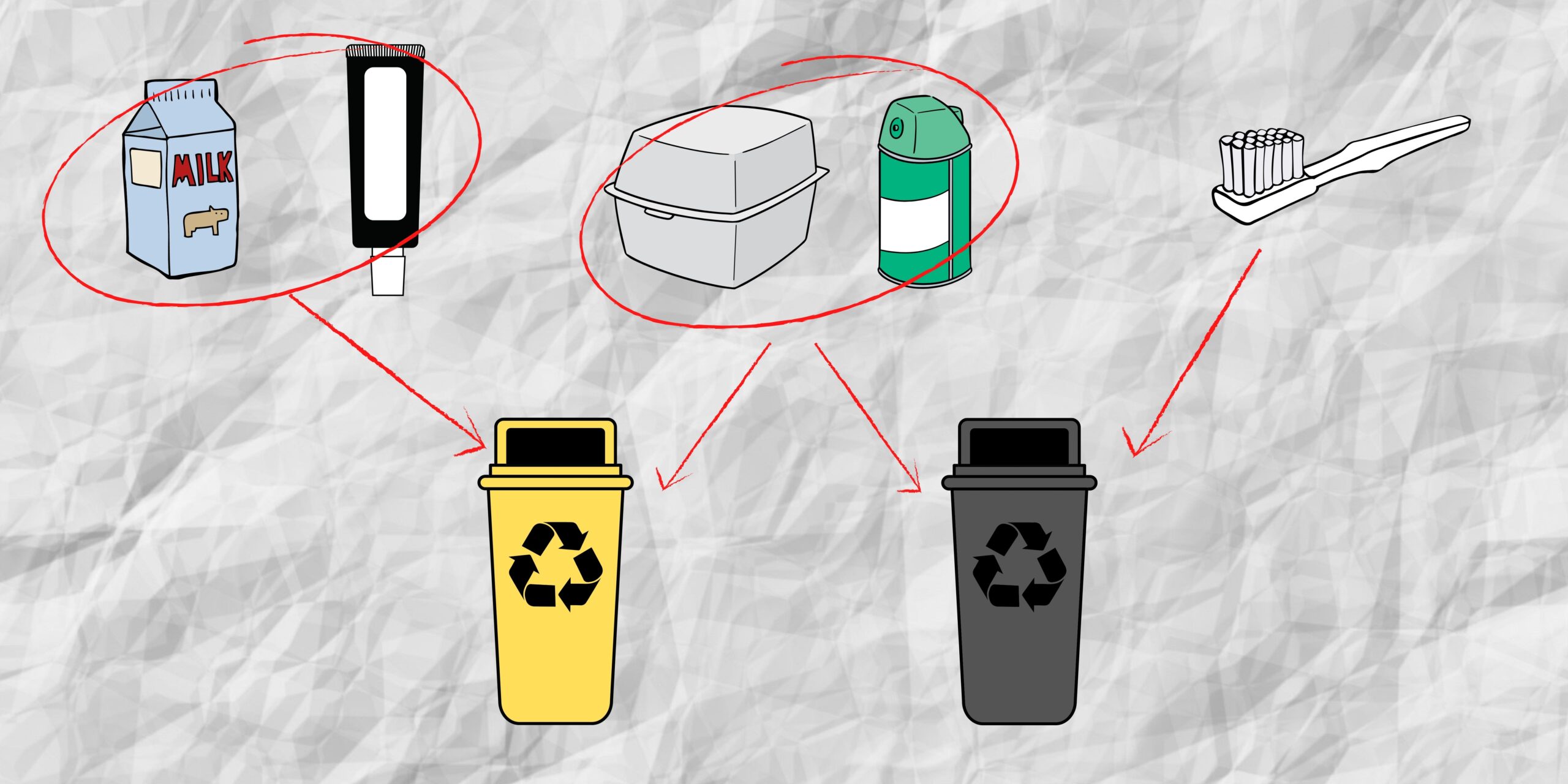
· Milk cartoon – though the package looks like paper it should be thrown to yellow bin, because there is a plastic layer inside.
· Deodorant spray packs – typical deodorant includes coupled liquid in metal bottle with plastic tip and nut, that's why after consumption it should be disposed of in two containers – metal part to the bin for mixed waste and plastic parts to metals and plastics.
· Styrofoam – most times it should be disposed to the bin for metals and plastics but for example if styrofoam food box is very dirty (especially greasy), we have to throw it out to section with mixed waste.
· Toothpaste tubes and toothbrushes– before throwing toothpaste tube out you should check if it is made only by metal or plastic materials, then we can put it into yellow bin. However toothbrushes should be thrown into the bin for mixed rubbish.

